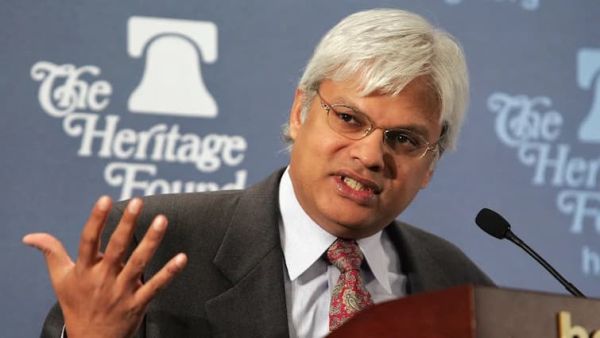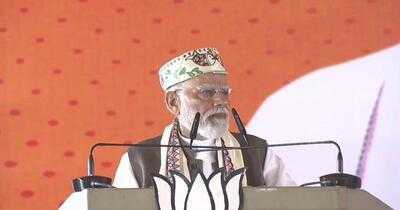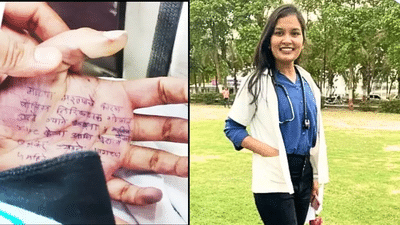
U.S. court has granted pre-trial release to Indian-American scholar Ashley Tellis, who faces allegations of unlawfully retaining classified national defense documents. The decision comes as the 64-year-old academic’s defense team pledges full cooperation with authorities, underscoring his "lifelong dedication to American national security."
Arrest And Allegations
Tellis, a highly regarded expert on India and South Asia, was arrested last week after the FBI searched his home in Vienna, Virginia, uncovering more than 1,000 pages of top-secret and secret government records stored in his basement office.
Federal prosecutors have charged him under the Espionage Act for unlawful retention of national defense information, a crime that carries a potential prison sentence of up to 10 years.
Court Appearance And Release Terms
During a preliminary hearing before a Virginia district court judge, Tellis’s attorneys emphasised that their client had been fully cooperative since his arrest. On Tuesday, the court approved his release to home confinement, secured by a $1.5 million bond backed by his family residence and co-signed by his wife, Dhun Tellis.
The next court appearance is scheduled for November 4.
A Respected Voice In Foreign Policy
For more than two decades, Ashley Tellis has been a prominent figure in Washington’s foreign policy and diplomatic circles. He currently serves as a senior fellow at the Carnegie Endowment for International Peace, focusing on international security and Asian strategic affairs.
Tellis previously held senior roles in the George W. Bush administration and later served as an unpaid advisor to the U.S. State Department. His influence in shaping U.S.-India relations and Asian security strategy has long been recognized in policy circles.
Defense Pushes Back Against Espionage Allegations
Tellis’s legal team strongly denied the Justice Department’s claims that he may have leaked classified U.S. defense material to China. Attorneys John Nassikas and Deborah Curtis described him as a "patriot" and argued that his actions were driven by academic curiosity, not espionage.
"Any insinuation that Dr. Tellis has disclosed classified information, let alone to a foreign government, lacks any evidentiary basis," they stated in a filing, as reported by The Washington Post.
They further contended that investigators had misinterpreted Tellis’s professional engagements, including international travel and diplomatic meetings, as suspicious activities, calling the case a product of "overzealous counterintelligence in an era of U.S.-China tensions."
The FBI’s Claims
According to the FBI affidavit, Tellis allegedly met several times with Chinese officials at a restaurant in Fairfax, Virginia. Agents claimed that during one dinner, he arrived carrying a manila envelope that was no longer visible when he left, and that at another recent meeting, he received a red gift bag from the visitors.
Defense attorneys dismissed the FBI’s interpretation, explaining that gift exchanges are customary in Asian cultures and that the "red bag" contained nothing more than tea. They added that the manila envelope likely contained a printed copy of an article Tellis had written, something he routinely shared at professional meetings.
No Evidence Of Information Sharing
"The sole charge against him involves the unlawful retention of national defense information, not its dissemination," the defense clarified. "There is no allegation, let alone evidence, that Dr. Tellis ever shared, attempted to share, or intended to share classified material with unauthorized individuals."
-
Paneer Dosa: Try this healthy and tasty 'Paneer Dosa' for breakfast, it will provide you with energy as well as protein..

-
Rush Hour: PM Modi endorses Nitish Kumar as NDA CM face, 20 die in Andhra Pradesh accident & more

-
Female doctor commits suicide by writing a suicide note on her palm, accuses two policemen of rape and torture; accused suspended

-
Foiled IS terror bid: 2 suspects sent to Delhi Police custody till Oct 27

-
Morrisons receipt from 2001 goes viral - price changes will leave you shocked
